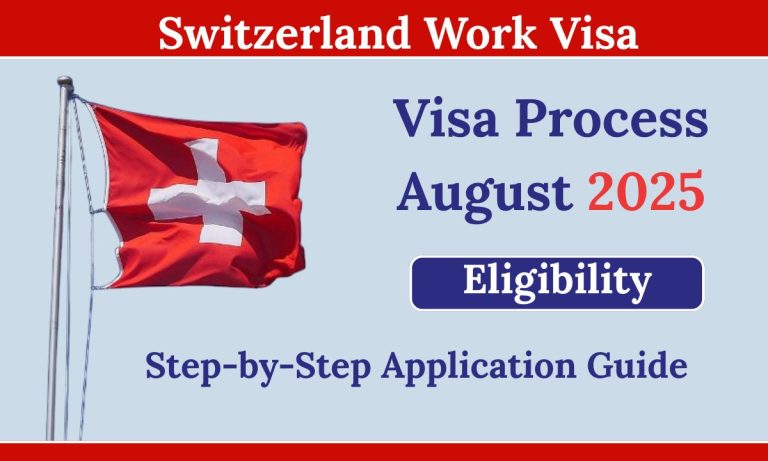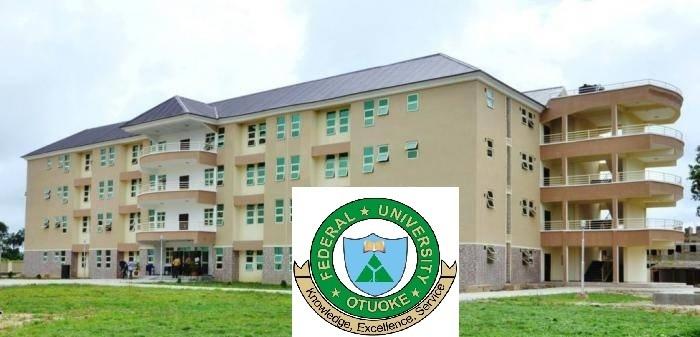Are you dreaming of building a successful career in one of the most beautiful and economically stable countries in the world? Switzerland is not just famous for its breathtaking Alps, luxury watches, and world-class chocolate—it also stands out as one of Europe’s strongest job markets. With competitive salaries, high living standards, and a multicultural work environment, Switzerland has become a top destination for ambitious job seekers and international students looking to transition into the workforce.
The good news? The Switzerland Work Visa 2025 process is now clearer than ever, offering opportunities for both professionals and graduates. If you’ve ever considered moving to Switzerland for work, this guide breaks down everything you need to know—from visa types and eligibility requirements to the application process and job market opportunities.
🌍 Why Work in Switzerland?
Before diving into the process, let’s talk about why Switzerland is such a hot destination for workers and graduates:
- High Salaries: Switzerland consistently ranks among the top-paying countries in the world. The average monthly salary is around CHF 6,500 – 8,000, depending on industry and experience. Highly skilled roles in finance, IT, engineering, and healthcare earn even more.
- Quality of Life: The country is known for safety, healthcare, excellent public services, and clean, green cities.
- Career Growth: Many global companies (Nestlé, Novartis, UBS, Credit Suisse, Roche, etc.) have headquarters in Switzerland. That means international exposure and career advancement opportunities.
- Multilingual Advantage: With German, French, Italian, and English widely spoken, students and graduates from different backgrounds can fit in more easily.
- Work-Life Balance: Swiss labor laws encourage a healthy balance, with shorter average working hours than in many other countries.
For students, this is particularly exciting because Switzerland provides a pathway from study to work, making it possible to stay after graduation and secure long-term employment.
🛂 Types of Switzerland Work Permits in 2025
To work legally in Switzerland, you’ll need a work permit. The type of permit you get depends on your job contract, nationality, and career goals.
| Permit Type | Duration | Best For |
|---|---|---|
| L Permit | 3–12 months | Short-term workers, internships, project-based contracts |
| B Permit | 1 year (renewable) | Long-term employment and residence |
| G Permit | Renewable annually | Cross-border workers who live in nearby countries (France, Italy, Germany, Austria) but work in Switzerland |
| C Permit | Permanent | Granted after several years of residence—ideal for those settling in Switzerland permanently |
💡 Tip for Students & Graduates: If you graduate from a Swiss university, it’s easier to secure a B Permit since employers are often more willing to hire candidates already familiar with Swiss systems and culture.
✅ Who Can Apply for a Swiss Work Visa?
Switzerland makes a clear distinction between EU/EFTA nationals and Non-EU/EFTA nationals (like Nigerians, Indians, Pakistanis, etc.):
- EU/EFTA Nationals
- Can move to Switzerland more easily under free movement agreements.
- They only need to register with local authorities if they plan to stay longer than 3 months.
- They’re not restricted by annual permit quotas.
- Non-EU/EFTA Nationals (e.g., Nigerians, Ghanaians, Indians, etc.)
- Need a confirmed job offer before applying.
- Employers must prove they couldn’t find a Swiss/EU candidate for the role.
- Preference is given to highly skilled professionals—such as engineers, IT experts, healthcare professionals, finance specialists, and researchers.
For students, the pathway is smoother if you already studied in Switzerland, since companies often hire international graduates who are already in the country.
📑 Step-by-Step Switzerland Work Visa Application Process (2025)
Here’s how you can move from job offer to living in Switzerland:
Step 1: Secure a Job Offer
- Search for jobs on Swiss portals such as Jobs.ch, Indeed.ch, Glassdoor Switzerland, and LinkedIn.
- Prepare a strong CV and cover letter that aligns with Swiss standards.
- Focus on industries like banking, pharmaceuticals, IT, engineering, and healthcare, which are in high demand.
Step 2: Employer Applies for Your Work Permit
- Your employer submits an application to the cantonal migration office.
- They must prove they couldn’t fill the role with a Swiss or EU candidate.
Step 3: Cantonal & Federal Approval
- The canton reviews labor market needs.
- The application then goes to the State Secretariat for Migration (SEM) for final approval.
Step 4: Apply for a Type D Visa
- Once approved, you’ll apply for a long-stay visa at the Swiss embassy/consulate in your home country.
- Documents needed include:
- Valid passport
- Employment contract
- Passport photos
- CV, diplomas, and certificates
- Police clearance certificate
- Proof of health insurance
- Proof of financial stability
Step 5: Arrival in Switzerland
- Register with the local commune office within 14 days.
- Collect your residence/work permit card.
- Set up mandatory Swiss health insurance.
⏱ How Long Does It Take?
- Work Permit (Cantonal + Federal): 4–12 weeks
- Visa Processing at Embassy: 2–4 weeks
- Total Timeline: Roughly 6–12 weeks from job offer to arrival
⚠️ Important: Switzerland has strict annual quotas for Non-EU workers. In 2025, only 4,500 B Permits and 4,000 L Permits will be issued, so applying early increases your chances.
💼 Job Opportunities in Switzerland
Switzerland’s economy is booming in specific fields. Here are the top industries hiring in 2025:
- Finance & Banking (Zurich, Geneva, Basel)
- Pharmaceuticals & Biotechnology (Novartis, Roche)
- Engineering & Manufacturing
- Information Technology & Cybersecurity
- Healthcare & Nursing
- Hospitality & Tourism
🎓 For students and recent graduates, internships and entry-level programs in multinational companies are a great way to transition into full-time work.
💰 Average Salaries in Switzerland (2025 Estimates)
| Profession | Average Annual Salary (CHF) |
|---|---|
| IT Specialist | 95,000 – 120,000 |
| Mechanical Engineer | 85,000 – 110,000 |
| Financial Analyst | 100,000 – 125,000 |
| Nurse | 65,000 – 85,000 |
| Research Scientist | 90,000 – 115,000 |
| University Graduate (Entry-Level) | 60,000 – 75,000 |
💡 Even after high taxes and cost of living, Switzerland still offers one of the highest disposable incomes in the world.
🎯 Final Thoughts
The Switzerland Work Visa Process 2025 opens up exciting opportunities for ambitious professionals and international students. While the process may seem complex—especially for non-EU citizens—the rewards are huge: high salaries, international exposure, and the chance to live in one of the most advanced countries in the world.
If you’re a job seeker or student aiming to kick-start your career abroad, Switzerland should definitely be on your radar. Start early, secure your job offer, prepare your documents, and you could be working in Zurich, Geneva, or Basel before you know it.
👉 Direct Application Link: Apply for Switzerland Work Visa 2025 Here







1 comment
I am interested